WORLD HEALTH ORGANIZATION
The World Health Organization (WHO) is a specialized agency of the United Nations responsible for international public health. Headquartered in Geneva, Switzerland, it has six regional offices and 150 field offices worldwide.
The WHO’s mandate includes working globally to promote health, keeping the world safe, and serving the vulnerable. It advocates for universal health care coverage for a billion more people, engages in monitoring public health risks, coordinates responses to health emergencies, and promotes overall health and well-being. The WHO provides technical assistance to countries, sets international health standards, and collects data on global health issues. It publishes the World Health Report, which provides assessments of worldwide health topics. The WHO also serves as a forum for discussions on health issues.
The WHO has played a leading role in several public health achievements, most notably the eradication of smallpox, the near-eradication of polio, and the development of an Ebola vaccine. Its current priorities include communicable diseases, particularly HIV/AIDS, Ebola, COVID-19, malaria, and tuberculosis; non-communicable diseases such as heart disease and cancer; healthy diet, nutrition, and food security; occupational health; and substance abuse.

